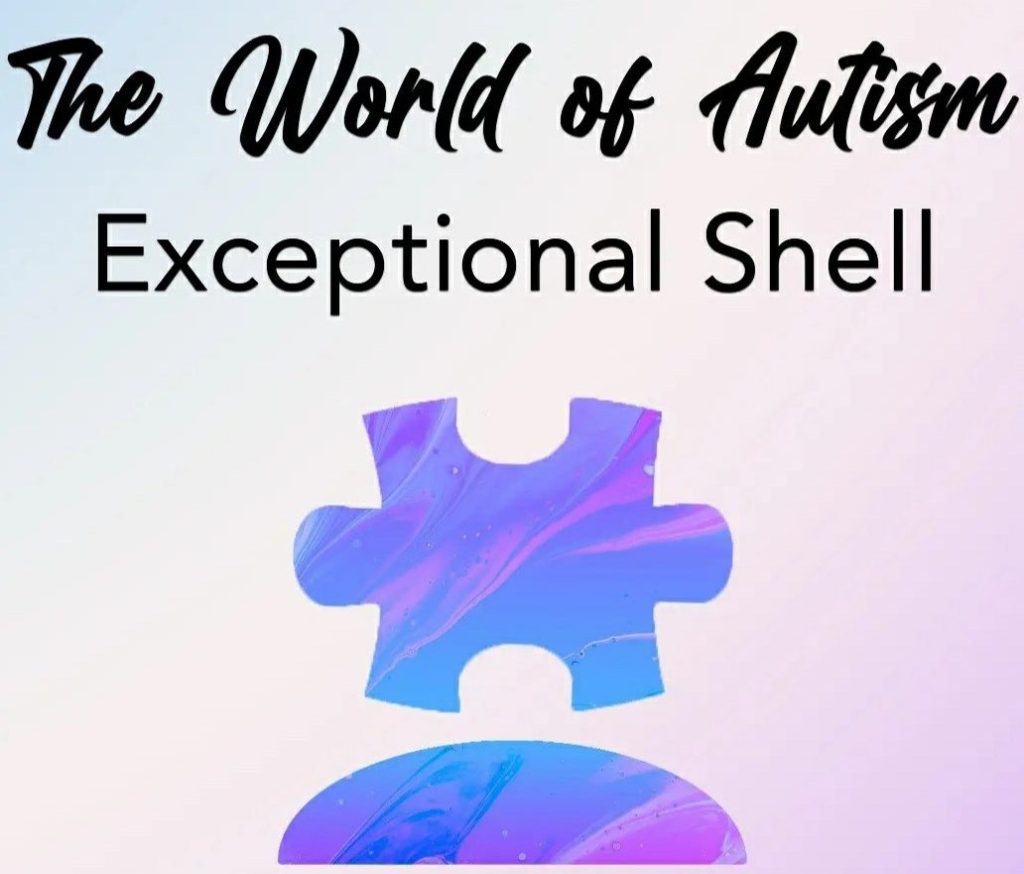Experiences across the Spectrum

● Featured Article
● Latest Articles
-

Unconditional Celebration at Night to Shine 2026
The night didn’t just sparkle—it embraced. Night to Shine 2026 was not simply an event circled on a calendar. It was a movement of unconditional…
-

Creating Positive and Meaningful Connections through ABA approaches in 2026
Connections and friendships sit at the heart of what makes life meaningful. They bring warmth on hard days, laughter in unexpected moments, and the comfort…
● About Me

Michelle Vinokurov- Autistic creator of the blog website “The World of Autism.”



